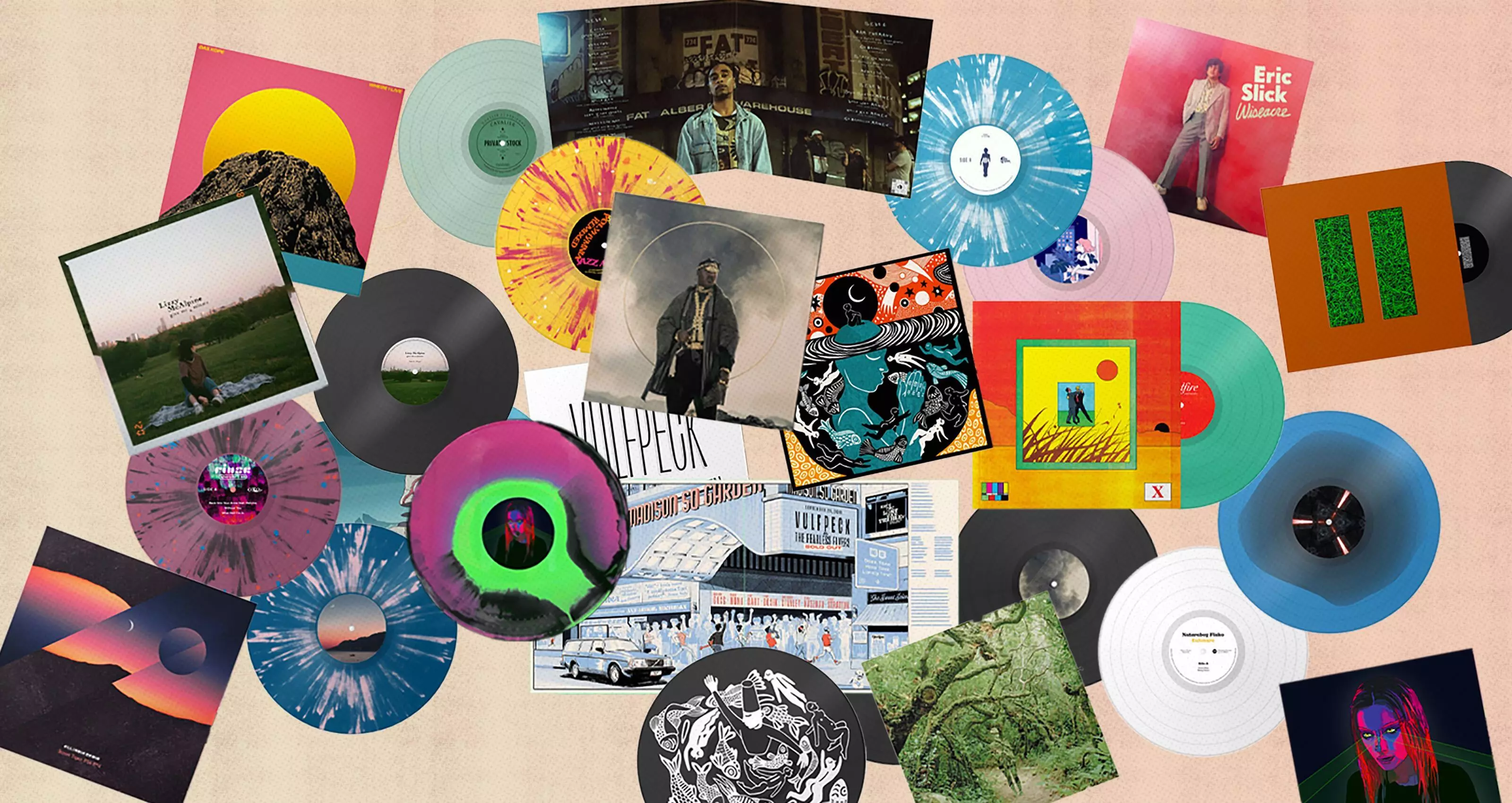
In the vast cosmos of digital music platforms, Bandcamp stands out as a beacon for independent artists and music enthusiasts alike.
Launched in 2008, Bandcamp has evolved into a dynamic ecosystem that transcends traditional boundaries, offering a platform where artists can connect directly with their audience and listeners can explore a universe of diverse sounds.
In this blog post, we delve into the essence of Bandcamp, its features, and its impact on the music industry.
What is Bandcamp?
At its core, Bandcamp is a platform designed to empower independent artists.
Unlike major streaming services that often favor established acts, Bandcamp provides a level playing field where artists of all backgrounds and genres can thrive.
Whether you're a solo singer-songwriter, a burgeoning indie band, or an experimental electronic artist, Bandcamp offers a space to showcase your music on your terms.
If you are looking for other platforms like Bandcamp, read our guide on Bandcamp alternatives.
Key Features of Bandcamp

Direct-to-Fan Connection: Bandcamp enables artists to establish a direct connection with their fans by allowing them to sell music and merchandise directly on the platform, without the need for intermediaries.
Revenue Sharing: Bandcamp offers a fair revenue-sharing model, ensuring that artists receive a significant portion of the proceeds from their sales. This model incentivizes creativity and provides artists with a sustainable source of income.
Customizable Artist Pages: Artists can customize their Bandcamp pages to reflect their unique style and brand. This includes the ability to upload custom artwork, add a biography, and link to social media profiles.
Community Engagement: Bandcamp fosters a vibrant community of music lovers and creators. Fans can leave comments, share their favorite tracks, and connect with artists directly, creating a sense of camaraderie and collaboration.
Discoverability: The platform features curated selections, staff picks, and genre-specific recommendations to help users discover new music. Additionally, Bandcamp's search and recommendation algorithms help users explore music based on their preferences.
Analytics and Insights: Bandcamp provides artists with in-depth analytics and insights into their fanbase, sales, and streaming activity. This allows artists to track their progress, identify trends, and make informed decisions about their music career.
Mobile App: Bandcamp offers a mobile app for iOS and Android devices, allowing users to discover and stream music on the go. The app provides access to the full Bandcamp catalog and includes features such as offline listening and personalized recommendations.
Bandcamp Pros & Cons

Here are the main pros and cons of Bandcamp.
Bandcamp Pros
1. Direct-to-Fan Connection: Bandcamp enables artists to sell their music and merchandise directly to their fans without the need for intermediaries or record labels. This direct connection fosters a deeper relationship between artists and their audience.
2. Flexible Pricing: Artists have the flexibility to set their own prices for their music, allowing them to experiment with different pricing strategies and connect with fans on a more personal level. Additionally, Bandcamp offers pay-what-you-want options, giving fans the freedom to support artists at their preferred price point.
3. Fair Revenue Sharing: Bandcamp's revenue-sharing system ensures that artists receive a fair share of the proceeds from their sales. This model incentivizes creativity and innovation while providing artists with a sustainable source of income.
4. Community and Discovery: Bandcamp's Discover section features curated selections, staff picks, and genre-specific recommendations, making it easy for listeners to discover new music. The platform's social features also enable fans to connect with artists, leave comments, and share their favorite tracks with friends, fostering a sense of community and collaboration.
5. Artistic Freedom: Artists have complete control over how their music is presented on Bandcamp, from album artwork to liner notes. This commitment to artistic integrity allows for a fully immersive and authentic experience for listeners.
Bandcamp Cons
1. Less Discoverability: While Bandcamp's Discover section offers curated selections and recommendations, the platform may lack the algorithmic discovery features found on other streaming services. This can make it harder for listeners to discover new music outside of their established preferences.
2. Competition: With thousands of artists vying for attention on the platform, competition can be fierce. Standing out from the crowd and attracting fans to your music can require significant effort and marketing savvy.
3. Limited Streaming Options: Unlike major streaming services, Bandcamp does not offer a comprehensive streaming catalog of mainstream music. While this may appeal to fans of independent and underground music, it could be a drawback for listeners seeking a more diverse range of music.
Is Bandcamp Free?
Yes, Bandcamp is free for both musicians and music enthusiasts.
However, for a monthly fee, musicians can access additional features such as targeted messaging, private streaming, ad-free video hosting, in-depth statistics, and the ability to upload their music in large batches.
Conclusion on What is Bandcamp
In conclusion, Bandcamp is more than just a music platform – it's a revolutionary force that has democratized the music industry and empowered artists to take control of their careers.
Whether you're an independent musician seeking a platform to share your music or a music lover looking to explore new sounds, Bandcamp offers a universe of possibilities waiting to be discovered.

